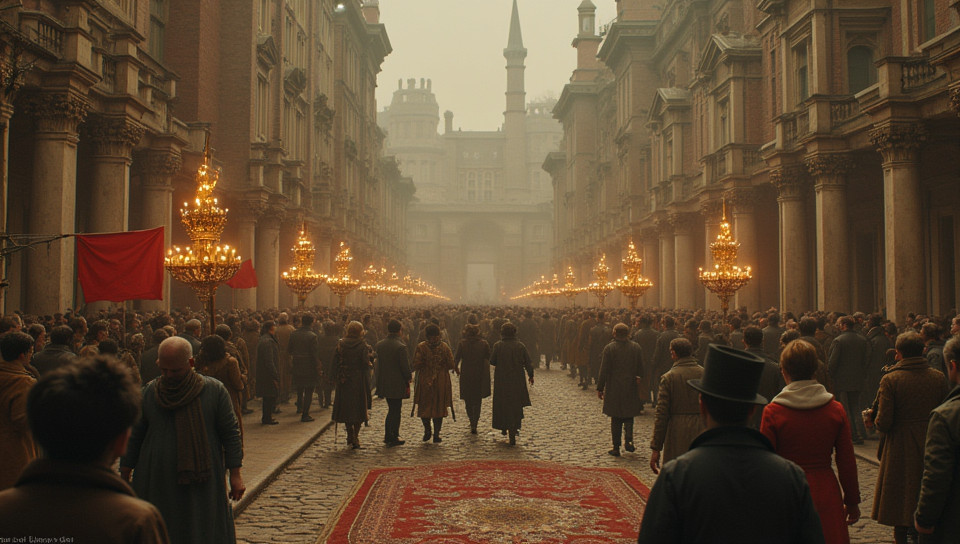Alternate history books reimagine historical events 87%
Truth rate:

Pros: 8
Cons: 2
Refs: 0
Info:
- Created by: Diego Carrillo
- Created at: Oct. 3, 2024, 5:55 p.m.
- ID: 10988
Related: